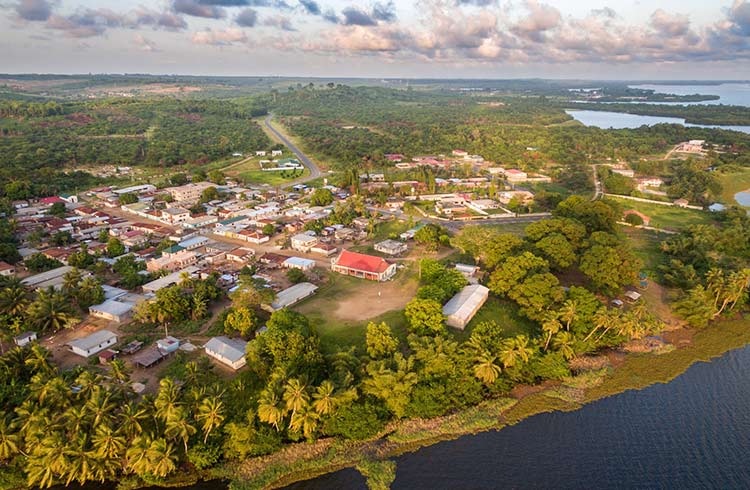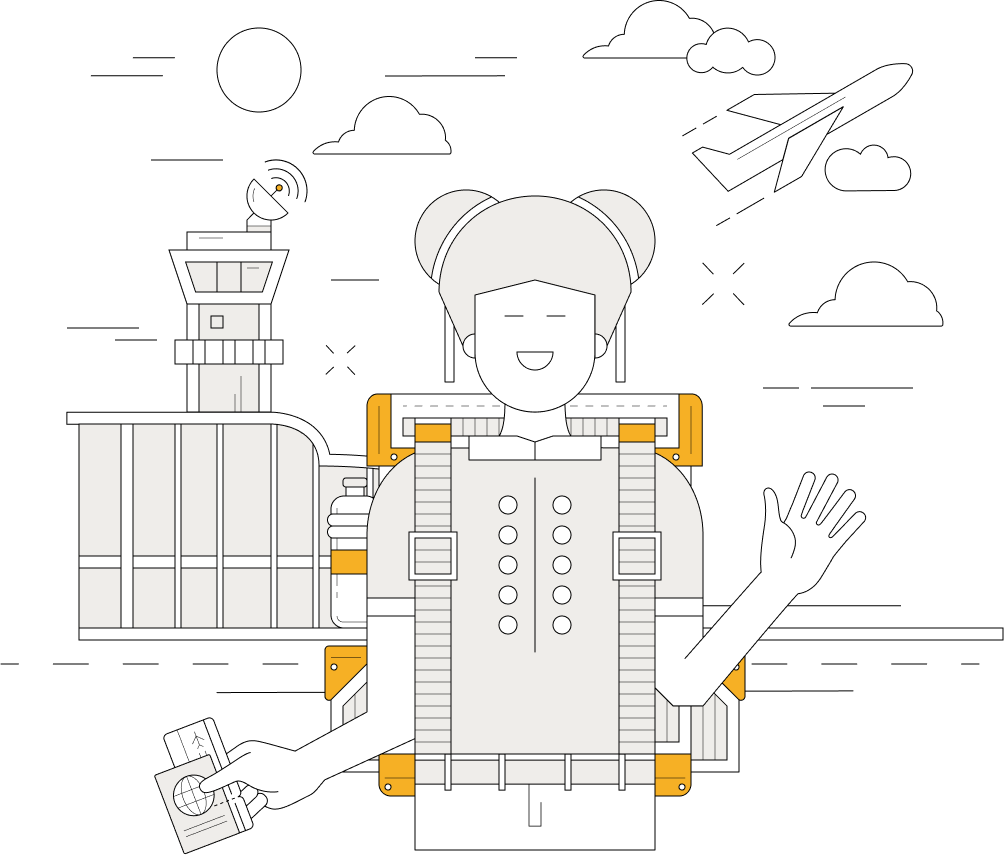Is Côte d'Ivoire Safe? What Travelers Need to Know
West Africa, in particular Côte d'Ivoire, is not for inexperienced travelers. This is what you need to know about political instability, crime and personal safety before you plan a trip.
 Photo © Getty Images/Franck - Harold N'tah / EyeEm
Photo © Getty Images/Franck - Harold N'tah / EyeEm
This part of the world is not for the fainthearted. Just about every country in Western Africa suffers from political instability, violence, terrorism and often civil war. Côte D'Ivoire is no exception.
Safety and security in Côte D'Ivoire
Following the disputed presidential elections of late 2010, the security situation has been unpredictable to say the very least. The violence that erupted resulted in hundreds of deaths and more than a million people displaced.
The security situation has improved somewhat since President Alassane Ouattara was sworn in May 2011 and former President Laurent Gbagbo was arrested. However, it remains unpredictable and violence could flare up at short notice. There were serious clashes between supporters of President Ouattara and Gbagbo in early May 2011.
The national forces loyal to President Ouattara continue to secure all parts of Abidjan and the interior. However, they have faced serious opposition from militias loyal to former President Gbagbo. There were serious confrontations between National Army and pro-Gbagbo forces in the Youpougon District of Abidjan in early May.
The security situation in the commercial capital, Abidjian, is slowly improving as daily life returns to normal. However, the security situation is tense, especially at night. Pay close attention to your personal security at all times and monitor the media for information about possible new safety or security risks.
We strongly advise you not to travel to the Dix-Huit Montagnes and Moyen-Cavally regions of western Côte d'Ivoire, bordering Liberia. Armed militias are active in the region and there have been reports of banditry and carjacking.
Landmines and unexploded munitions are a problem throughout the country. The military Force of the United Nations Operation in Côte d'Ivoire (UNOCI) has started clearing explosives throughout the country. De-mining teams have been set up to remove ammunitions, bombs and mines which were planted in streets and buildings during the post-electoral conflict period. As part of the operation, UNOCI has published the following numbers 20238059- 06206202- 06205812- 06205690 06205600- 06203382- 06205814- 06205815, which people should call to give information about the presence of suspect or dangerous explosives. While awaiting the arrival of the specialised teams, you are advised to do the following:
- Do not touch the object
- Warn everyone else not to touch it, especially children
- Mark the place where the explosive has been found,
Crime in Côte D'Ivoire
There is a high risk of violent crime throughout Côte d'Ivoire. Car and bus-jackings are common and checkpoints and roadblocks may be encountered. You should avoid confrontations with police and security forces. Armed robbery is common, including of businesses and restaurants. Weapons circulate freely.
Exercise extreme caution crossing the De Gaulle and Houphouet-Boigny bridges in Abidjan as pedestrians have been attacked and robbed in the past, even during the day. The risk of being a victim of crime increases at night throughout Abidjan.
Credit card fraud is common, be sure to keep your card in sight when making purchases.
Make two photocopies of valuable documents such as your passport, tickets and visas. Keep one copy with you in a separate place to the original and leave another copy with someone at home.
Don't carry too much cash and remember that expensive watches, jewellery and cameras may be tempting targets for thieves. We advise against all but essential travel to all areas north of Bouak and west along a line from the towns of Seguela and Guiglo. Always seek professional local advice before embarking on any travel to these areas.
Simple and flexible travel insurance
You can buy at home or while traveling, and claim online from anywhere in the world. With 150+ adventure activities covered and 24/7 emergency assistance.
Get a quote
1 Comment
The Ivory Coast e-Visa is not reliable. They’ll rob your money and you’ll never hear a word and you’ll have no recourse.